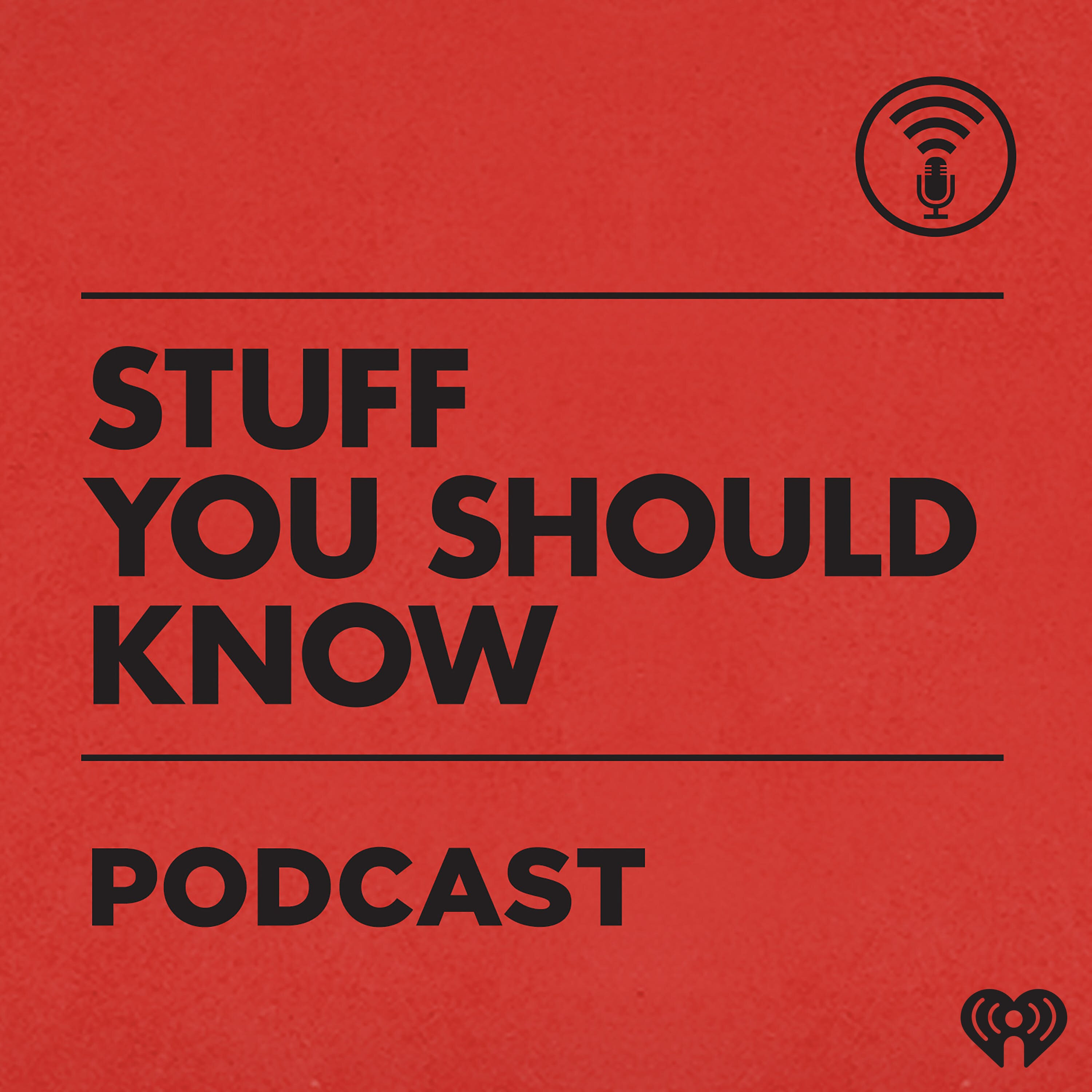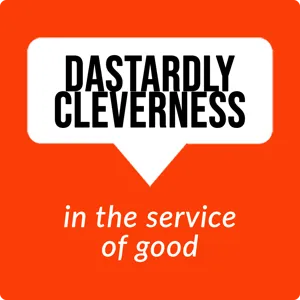Podcast Summary
The Electoral College determines U.S. presidential elections: The Electoral College, a unique U.S. system, determines presidential elections by having voters choose electors who then cast votes for candidates
Our voting process in the United States is different than what many people might assume. While we cast our ballots for presidential candidates, the outcome is actually determined by the Electoral College. This system, unique to the U.S., was established in the late 1700s and has remained a topic of debate and confusion ever since. It's important to understand that when we vote, we're not directly electing the president, but instead, we're choosing electors who will then cast their votes for the candidate of their choice. This system was designed to balance the interests of smaller and larger states, but it can lead to situations where the popular vote winner doesn't become the president. So, next time you head to the polls, remember that your vote is part of a larger process that determines who will lead our country.
The Electoral College: A Complex Compromise: The Electoral College is a system where Americans vote for electors who cast votes for president based on state's popular vote results.
The Electoral College is a complex system put in place by the Founding Fathers as a compromise between popular vote and Congressional selection. When Americans vote for a president, they are technically voting for a group of electors who represent their state. These electors meet after the popular election to cast their votes for president, and their decisions are based on the state's popular vote results. The Electoral College was designed to be confusing and to keep uninformed people from deciding the presidency, but it has since become a source of misunderstanding and controversy. Despite common belief, electors are not secret figures, and their names and addresses are publicly available. They cast their votes on the first Monday following the second Wednesday in December, and their decisions are unsealed and read aloud. The Electoral College system is an essential part of the American electoral process, but it is important for voters to understand how it works and its historical context.
Freedom for Electors to Vote Against Popular Will: Electors, who decide US elections, aren't legally bound to vote based on their state's popular vote. They're usually party loyalists and face no serious consequences if they 'faithlessly' vote against it.
Electors, who ultimately decide the election results in the United States, are not bound by law to vote according to the popular vote in their state. They are usually party nominees, rewarded for their long-term service and dedication to the party. There are no strict constitutional requirements for electors, except that they cannot be senators, representatives, high-ranking officials, or engaged in insurrection or rebellion. The process of electing electors varies by state, but they typically come from the party and may have met the candidate during the campaign trail. Faithless electors, those who vote against the popular vote in their state, have no future as electors and could face fines or expulsion from their party. The idea of publishing electors' addresses is to ensure transparency and accountability.
Voting for a Presidential Candidate also Involves Voting for Electors: When you vote for a presidential candidate, you're also indirectly voting for the electors who will cast the electoral votes. The electors can be listed on the ballot or not, but their votes determine the election outcome.
When you vote for a presidential candidate like Roseanne Barr, you're not just voting for her, but also for the electors who will cast the actual electoral votes. These electors can be listed on the ballot or not, but they are the ones whose votes will determine the outcome of the election. This system is more complex in states like Maine and Nebraska, which use a district system, where electoral votes are allocated based on the outcome in each congressional district. Meanwhile, on a different note, if you're a parent looking for a safe social media platform for your kids, consider Zigazoo. This app is Kids Safe COPPA certified and offers moderated videos, no comments, and requires parental consent. It's a great alternative to traditional social media platforms. Lastly, if you're a car enthusiast, eBay Motors is here to help you keep your ride running smoothly. With over 122 million parts available and a guaranteed fit, you can ensure that your car stays in top shape without breaking the bank.
Understanding the electoral college system's variations: The electoral college system in the US distributes electoral votes differently across states, with winner-take-all and district systems, ensuring every state's voice in presidential elections and preventing regional dominance.
The electoral college system in the United States functions in different ways across states. In the winner-take-all system, a candidate who wins the popular vote in a state gets all the electoral votes associated with that state. In contrast, the district system, used in Maine and Nebraska, awards one electoral vote for each congressional district won, in addition to two electoral votes for the state's winner of the popular vote. The electoral college system is designed to prevent one region from having too much power and is a compromise that allows every state and its people to have a say in the presidential election. Four presidents have been elected without winning the popular vote, but these instances occurred before 2000. The most controversial of these elections was in 1824, when John Quincy Adams won despite receiving fewer popular votes than Andrew Jackson. In such cases, the House of Representatives decides the presidency. These historical anomalies demonstrate the importance and complexity of the electoral college system in the American political landscape.
Presidential elections where the popular vote didn't decide the winner: Despite popular vote results, the electoral college system has chosen presidents in elections of 1876, 1888, and 2000
The presidency in the United States has not always gone to the candidate who received the most popular votes. This was evident in the elections of 1876, 1888, and 2000. In 1876, Rutherford B. Hayes won the presidency despite losing the popular vote by a significant margin, thanks to the electoral college system. In 1888, Grover Cleveland also lost the presidency to Benjamin Harrison despite winning the popular vote by a smaller margin. The election of 2000 between George W. Bush and Al Gore was a contentious one, with disputed votes in Florida leading to a court decision that ultimately gave the presidency to Bush. These examples illustrate the importance of the electoral college system in determining the outcome of presidential elections, even when the popular vote may favor another candidate.
The 2000 US Presidential Election and the Need for Electoral Reform: The 2000 US Presidential Election was decided by a small margin of votes in Florida, leading to questions about fairness in the electoral process and the need for reform. This event also introduced Betterment, an automated investing app, and highlighted issues with military and disenfranchised votes.
The 2000 US Presidential Election came down to a very small margin of votes in Florida, which ultimately decided the outcome of the election. Bush won Florida and its 25 electoral votes due to a recount that only took place in a few counties, leaving many questioning the fairness of the process. The election highlighted the need for electoral reform and brought attention to issues such as military and disenfranchised votes. Additionally, the discussion touched on the importance of safe social media platforms for kids like Zigazoo, and the ability to find and purchase parts for cars on eBay Motors. Lastly, Betterment was introduced as an automated investing and savings app that helps your money work for you while you relax.
The Controversial Nature of the Electoral College: The Electoral College system sparks controversy due to its impact on voter turnout and state influence, but some argue it ensures the most populated states have the most power.
The Electoral College system in the United States continues to be a topic of controversy, with some people believing it works perfectly and others believing it needs reform. During the 2000 election, Vice President Al Gore, who was also the President of the Senate, had to oversee the unsealing of his own defeated electoral votes, leading to protests from some members of Congress. This moment highlighted the divisive nature of the E-College system, with some arguing it discourages voter turnout and gives too much power to less populated states. On the other hand, supporters argue it ensures that the most populated states have the most influence. Meanwhile, the health aid kombucha, a fermented probiotic tea, offers a refreshing alternative to sugary drinks and can benefit gut health. So whether you're discussing political systems or health beverages, it's clear that there are always different perspectives to consider.
The Electoral College: A Contentious Process: Despite criticisms, the Electoral College remains a contentious yet crucial aspect of U.S. presidential elections, with varying opinions from attorneys, political scientists, and the public.
The Electoral College, a process used in the United States to elect the president, has been a topic of debate for over 200 years due to its absence in the Constitution. With over 700 proposals introduced to reform or eliminate it, the lack of consensus lies in the fact that executive orders aren't constitutionally defined and can't be repealed. While attorneys generally oppose it, political scientists support it. The people's opinion has fluctuated over the years, with a majority expressing disapproval until the late 1980s. The Electoral College has resulted in tied elections, most notably in 1801 between Thomas Jefferson and Aaron Burr, which required the House of Representatives to decide the winner. In the modern era, voting procedures vary greatly from state to state, leading to concerns about voter disenfranchisement. Despite these issues, it's crucial for everyone to exercise their right to vote, regardless of their state or party affiliation.
A listener's heartfelt message about the podcast's impact: A dedicated listener shares his 10-month journey, appreciates the hosts' growth, feels sad about less frequent episodes, and suggests a special podcast featuring the hosts' wives.
Jack Mead, an avid listener from England, expressed his deep connection and appreciation for the podcast, sharing his journey of listening to it for over ten months and the impact it had on his daily life. He fondly recalled the early episodes and appreciated the evolution of the hosts' voices and production quality. However, the transition to bi-weekly episodes left him feeling confused and sad, leading him to compare the experience to finishing a beloved TV show. Despite the long odds, Jack suggested a special podcast featuring Emily and Yumi, the wives of Chuck and Josh, offering a unique perspective on their lives and work. Overall, Jack's heartfelt message highlights the power of podcasts to form meaningful connections and provide a sense of companionship.
Support During Addiction Withdrawal: Form global support groups, explore safe social media for kids, and utilize rewards cards for financial support during addiction withdrawal
Support is crucial during times of need, especially when dealing with addiction withdrawal. The hosts of Stuff You Should Know discussed the idea of forming an international and global support group for those going through such experiences. They encouraged listeners to share their ideas on how to create this instantaneous support network via Twitter or email. Additionally, they highlighted the need for a safe and verified social media platform for kids, like Zigazoo, which was praised for its positive community and human moderation. Lastly, they promoted the Capital One Venture X Card, which offers travel benefits and rewards for everyday purchases. Overall, the conversation emphasized the importance of connection, whether it be through supportive communities or financial rewards, during challenging times.







